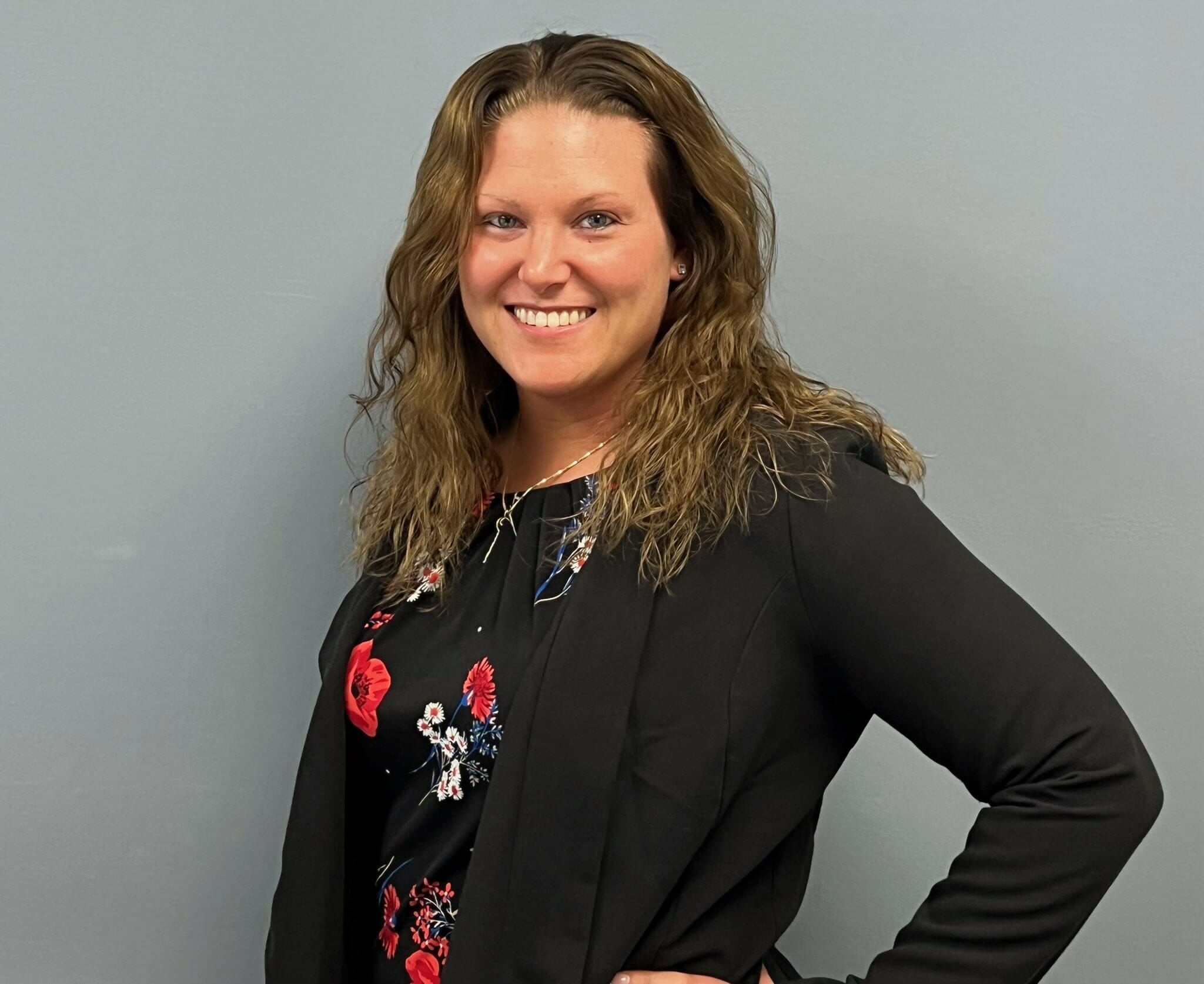Our Jacksonville Chapter 13 Bankruptcy Attorneys Help You Determine Whether Bankruptcy is Right for You
Chapter 13 bankruptcy is a reorganization plan which allows you to restructure and pay-off your debts over a period of three to five years. Chapter 13 has been called the “wage earner’s” bankruptcy, because you need to have a steady source of income to qualify.
Chapter 13 bankruptcy may be right for you if you are in a situation where you wish to keep valuable assets, like a home, and you are earning enough money to repay some of your debts over a period of time. To determine whether Chapter 13 is your best option, the Jacksonville bankruptcy attorneys at Adam Law will examine the assets that you wish to keep and your income to make sure it will allow you to qualify.
Advantages to Filing Chapter 13
- You will be able to keep your house — If you are a homeowner whose debts have caused you to be behind on mortgage payments, Chapter 13 will allow you to make up this amount over time so you can save your home from foreclosure, and you may get to keep additional assets. Filing Chapter 13 can stop foreclosure proceedings with its automatic stay provision, even if a foreclosure action has already been filed. However, you do have to make all mortgage payments that come due during your plan, and do so on time.
- You will be able to consolidate and simplify your payments — Chapter 13 allows all your debts to be rescheduled and consolidated. You will have to send one monthly check to a trustee who takes care of paying off your creditors according to the terms of your reorganization plan. You do not have to be harassed by, deal with, or have contact with your creditors during this time. Our bankruptcy attorneys can often negotiate payment amounts that are lower than you would have been paying before bankruptcy.
- You may be able to eliminate unsecured debts — Generally, you must pay back only the portion of the unsecured debts you can reasonably afford. For some individuals with little to no disposable income, unsecured debts may be completely discharged and only secured debts are paid through the plan of reorganization.
- It does less damage to your credit reports — Most or all of your debt is repaid under Chapter 13, so it affects your credit reports for seven years, as opposed to a Chapter 7 bankruptcy, which stays on credit reports for 10 years.
- It may protect co-signers on your debts — Creditors may not go after “co-debtors” for money owed unless the courts give special authorization to do so.
Disadvantages to Filing Chapter 13
Chapter 13 has a few disadvantages. Since it affects your credit rating negatively for seven years, you may have problems when credit checks are required, such as when applying for a job or buying a new car. However, lenders are aware that once you are through with bankruptcy, you will be in a better financial situation, and they may be more open to working with you.
You do have to keep up with your payments on time. If you fail, you could risk having your bankruptcy dismissed and losing the assets the bankruptcy was protecting.
Chapter 13 Attorney Explains How Chapter 13 Works
According to 11 U.S.C. § 1322(d), Chapter 13 allows you to restructure and pay off your debts over a period of three to five years. When you file for Chapter 13 bankruptcy, your attorney will propose a repayment plan to your creditors under which you can make installment payments to pay off your debt, or a portion of it. During this time the creditors are forbidden from starting or continuing collection efforts against you.
- Three years – if your current monthly income is less than the applicable Florida median income, unless the court approves a longer period “for cause.
- Five years – if your current monthly income is greater than the applicable Florida median.
What Are the Steps to File Chapter 13?
To begin a Chapter 13 bankruptcy, our attorneys will file a petition with the bankruptcy court in the area where you live. You will need to fill out a packet of forms listing your income, property, expenses, and debts. These include:
(1) schedules of assets and liabilities
(2) schedule of current income and expenditures
(3) schedule of executory contracts and unexpired leases
(4) a statement of financial affairs.
You must also file:
- A workable payment plan proposing how you plan to handle your debts over the payment plan period.
- Your tax return for the previous year and proof that you’ve filed your tax returns for the last four years,
- A certificate showing that you’ve completed credit counseling with an agency approved by the United States Trustee (go to usdoj.gov/ust, then click “Credit Counseling and Debtor Education” for a list of approved agencies).
- A copy of any debt repayment plan developed through credit counseling.
- Evidence of payment from employers, if any, received 60 days before filing.
- A statement of monthly net income and any anticipated increase in income or expenses after filing.
- A record of federal or state qualified education or tuition accounts.
Under a Chapter 13 plan, you make payments, usually monthly, to the bankruptcy trustee, an official appointed by the bankruptcy court to oversee your case. The trustee in turn pays your creditors and collects a commission based on the amounts paid out. You must make every payment on time in order to successfully complete your plan. If you complete the plan successfully, your remaining debts will be discharged, so you no longer have to pay them.
Our Chapter 13 Lawyer in Jacksonville Explains Which Debts You Must Pay Back
Learn which debts you must pay back when you file for Chapter 13 bankruptcy
In a Chapter 13 bankruptcy, some creditors are entitled to receive 100% of what you owe them, while others may receive a much smaller percentage (or nothing at all). Typically, Chapter 13 bankruptcy plans must provide that:
Administrative claims will be paid 100%. These include:
- your filing fee ($274)
- the trustee’s commission (3% to 10% of each monthly payment)
- attorney’s fees, if you hire an attorney for help with your Chapter 13 bankruptcy.
Priority debts will be paid 100%. These include:
- back alimony and child support
- most tax debts (including state and federal income taxes)
- wages, salaries, or commissions you owe to employees
- contributions you owe to an employee benefit fund.
Mortgage defaults will be paid 100% if you want to keep your house.
Other secured debt defaults will be paid 100% if you want to keep the property. Missed car payments fall into this category.
Unsecured debts, such as credit card bills, will be paid anywhere from 0% to 100% of what you owe. The exact amount depends on:
- the total value of your nonexempt property
- the amount of disposable income you have each month to put toward your debts
- how long your plan lasts.
Disposable Income
Your payment plan must commit to paying any leftover disposable income (your income less certain allowed expenses and payments on secured loans, such as a mortgage or car loan) toward your unsecured debts, such as credit card debts and medical bills.
Alternatives to Chapter 13 Bankruptcy in Florida
In addition to Chapter 13 bankruptcy, Chapter 7 bankruptcy is another way to eliminate debt. Chapter 7 is a plan in which your assets are liquidated to settle creditor claims. However, there are Florida exemptions which allow you to keep certain assets, including your homestead under certain conditions, wages, personal property, and vehicle up to a certain amount, and certain pension and retirement benefits.
Chapter 7 is available to people who can pass an extra qualification test, called the Means Test, prior to filing. You can qualify in one of two ways:
- Showing that your income (current monthly income for all income coming into the household) is below the median income in Florida for your family size.
- Going through the full Means Test which will examine your average monthly income and your regular monthly expenses to show that there is little to no disposable income left at the end of the month.
In addition, there are alternatives to bankruptcy such as debt management or debt settlement, so it is wise to consider all of your options and the pros and cons of those options before making a decision.
Debt Settlement: Involves negotiating with creditors to lower the amount owed or reduce your monthly debt payment each month.
Debt Management: Involves negotiating to lower the interest rates to reduce your monthly debt payment each month.
Call Our Chapter 13 Attorney to Evaluate Your Situation
Filing for bankruptcy is a major decision that should not be taken lightly, but for individuals who are drowning in debt, it can be the best option for getting a fresh start and returning to solvency.
At Adam Law Group, our family-oriented staff is always friendly, approachable and judgment-free., and we will file your case immediately, without waiting for all payments. In addition, we offer a low retainer ($350) for Chapter 13 cases and a virtual filing option where we can do the consultation, paperwork, and document gathering to file the case by phone and email.
Contact our team of Jacksonville Chapter 13 attorneys at Adam Law Group today at (904) 329-7249 for your free consultation to see whether a Chapter 13 bankruptcy is the right solution for you.
Adam Law Group Chapter 13 Bankruptcy






